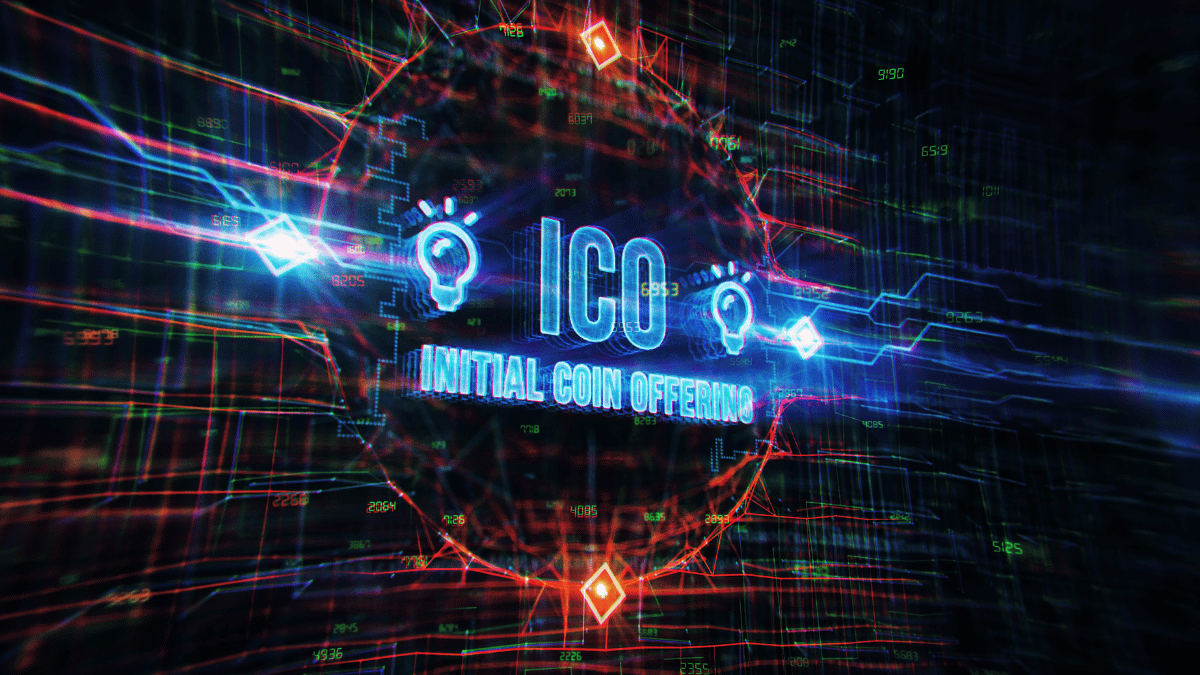In the rapidly evolving landscape of technology and finance, ICO (Initial Coin Offering) blockchain development has emerged as a groundbreaking solution. This article delves deep into the intricacies of ICO blockchain development, shedding light on its significance, implementation, benefits, and potential challenges.
ICO Blockchain Development: A Closer Look
ICO blockchain development refers to the process of creating and launching a new cryptocurrency or token through a decentralized blockchain platform. It presents an innovative approach to fundraising, allowing startups and enterprises to secure capital for their projects by offering tokens to investors.
The Power of Blockchain in ICOs:
Blockchain technology serves as the foundation for ICOs, offering a secure and transparent way to manage transactions. Its decentralized nature eliminates the need for intermediaries, reducing costs and enhancing trust between parties.
Transforming Fundraising:
Traditional fundraising methods often involve extensive paperwork, intermediaries, and geographical limitations. ICOs streamline this process by enabling global investment opportunities, making fundraising more accessible and efficient.
The Positive Impact on Investors:
ICO blockchain development empowers individual investors by granting them access to projects that were once reserved for venture capitalists. This democratization of investment opportunities promotes financial inclusion and diversification.
Key Steps in ICO Blockchain Development:
Launching a successful ICO requires careful planning and execution. Let's explore the essential steps involved in ICO blockchain development:
1. Conceptualization and Whitepaper Creation
Before launching an ICO, a clear project concept is crucial. Developers create a whitepaper detailing the project's goals, technical specifications, and the problem it aims to solve.
2. Token Creation and Smart Contracts
Developers design and create tokens that align with the project's objectives. Smart contracts are also developed to automate and secure transactions within the blockchain.
3. Pre-ICO Marketing
Generating interest and awareness is vital for a successful ICO. Pre-ICO marketing campaigns, including social media engagement and community building, attract potential investors.
4. ICO Launch and Token Sale
During the ICO launch, investors can purchase project tokens using established cryptocurrencies like Bitcoin or Ethereum. This phase requires robust security measures to protect both investors and the project.
5. Post-ICO Development
After a successful ICO, the development team works on realizing the promises outlined in the whitepaper. Regular updates and transparency are crucial to maintaining investor trust.
Overcoming Challenges in ICO Blockchain Development:
While ICOs offer exciting opportunities, they also come with challenges that need careful consideration:
1. Regulatory Uncertainty
The regulatory landscape for ICOs varies across jurisdictions, leading to uncertainty for both developers and investors. Addressing compliance issues is essential to ensure the project's sustainability.
2. Security Concerns
ICO platforms are susceptible to cyberattacks and fraud. Implementing robust security measures and conducting thorough audits are necessary to safeguard investor funds and project integrity.
3. Investor Education
Many potential investors may lack a deep understanding of blockchain technology and ICOs. Educating investors about the risks and rewards can foster a more informed investment community.
FAQs about ICO Blockchain Development:
Q: What is the main purpose of ICO blockchain development?
A: ICO blockchain development aims to raise funds for projects by issuing tokens on a blockchain, offering investors an opportunity to support and benefit from the project's success.
Q: How do ICOs differ from traditional IPOs?
A: Unlike Initial Public Offerings (IPOs), ICOs offer tokens to a global audience, often with fewer regulatory requirements. Additionally, ICOs typically target blockchain and tech-related projects.
Q: Are ICO investments risky?
A: Yes, ICO investments carry risks such as project failure, regulatory changes, and market volatility. It's essential for investors to conduct thorough research before participating in an ICO.
Q: Can anyone launch an ICO?
A: While anyone can technically launch an ICO, it requires significant technical expertise, a compelling project, and a well-thought-out whitepaper to attract investors.
Q: How can investors differentiate between legitimate ICOs and scams?
A: Legitimate ICOs have transparent whitepapers, experienced development teams, and clear use cases. Researching the project's background and team can help investors identify potential scams.
Q: How has ICO blockchain development impacted traditional finance?
A: ICOs have challenged traditional fundraising methods, providing startups with an alternative way to raise capital. They've also introduced new investment opportunities to a global pool of investors.
Conclusion:
ICO blockchain development has disrupted traditional finance models, offering innovative ways for startups and established companies to fund their projects. By leveraging blockchain technology, ICOs promote transparency, inclusivity, and efficiency in fundraising. As the industry continues to evolve, embracing the potential of ICOs can lead to transformative outcomes for businesses and investors alike.






Comments